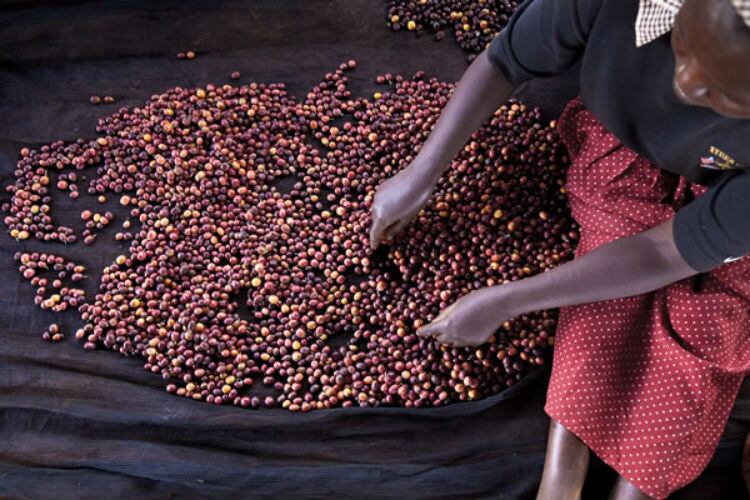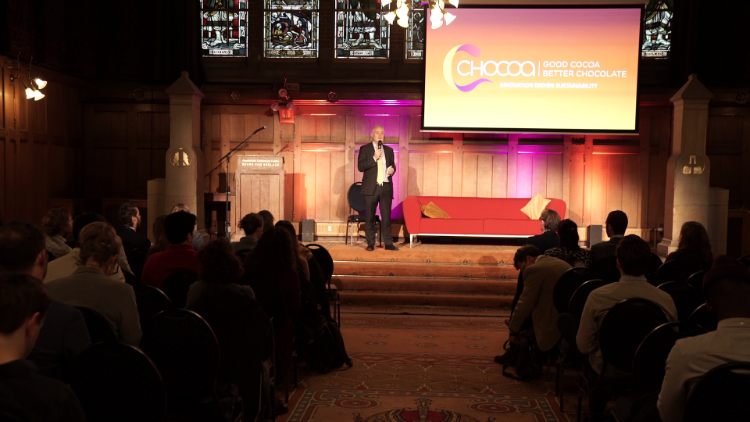CARE international charity, an organization set up to help predominately women and girls in poor countries, says it will expand the VSLA program beyond the 12,000 members Mars and CARE have supported through mid-2019 and are targeting to reach 50,000 more members in Côte d’Ivoire and Ghana by 2025.
Access to local finance
Since its inception, CARE’s promotion of the VSLA model has formed a constellation of more than 330,000 groups representing over 7 million members – the overwhelming majority of whom are women. The charity said VSLAs can help households accumulate savings, provide loans, and provide access to local finance institutions so women can build their own businesses and increase their economic security. The program can benefit families and the community at large when the VSLA resources are then reinvested locally.
“The wellbeing of women in cocoa-growing communities in Côte d’Ivoire and Ghana is a critical link to family food security and nutrition, education, health and child protection, and drives the long-term prospects for a future of educated cocoa farmers,” said John Ament, global vice president – Cocoa, Mars Wrigley. “Based on CARE’s implementation of this approach for Mars since 2015, our ambition is that each element of the VSLA model will not only contribute to closing the gap to a living income for cocoa-growing households, but will also increase resilience and women’s confidence, and strengthen local governance and child protection.”
Cocoa for Generations
The Mars DOVE brand first implemented VSLAs in collaboration with CARE and with support from the Jacob’s Foundation in Côte d’Ivoire. The program grew in 2018 as part of Mars’ Cocoa for Generations strategy aimed at creating a quicker pathway for cocoa farmers, their families and their communities to thrive.
“We are honored to expand our collaboration with Mars,” said Michelle Nunn, president and CEO of CARE. “Their investment will significantly scale our VSLA programming in cocoa-growing communities in West Africa. With this expansion, thousands of women in Côte d’Ivoire and Ghana will come together and – under their own leadership and with their own aspirations – realize critical improvements in their lives, and those of their families and communities.”



